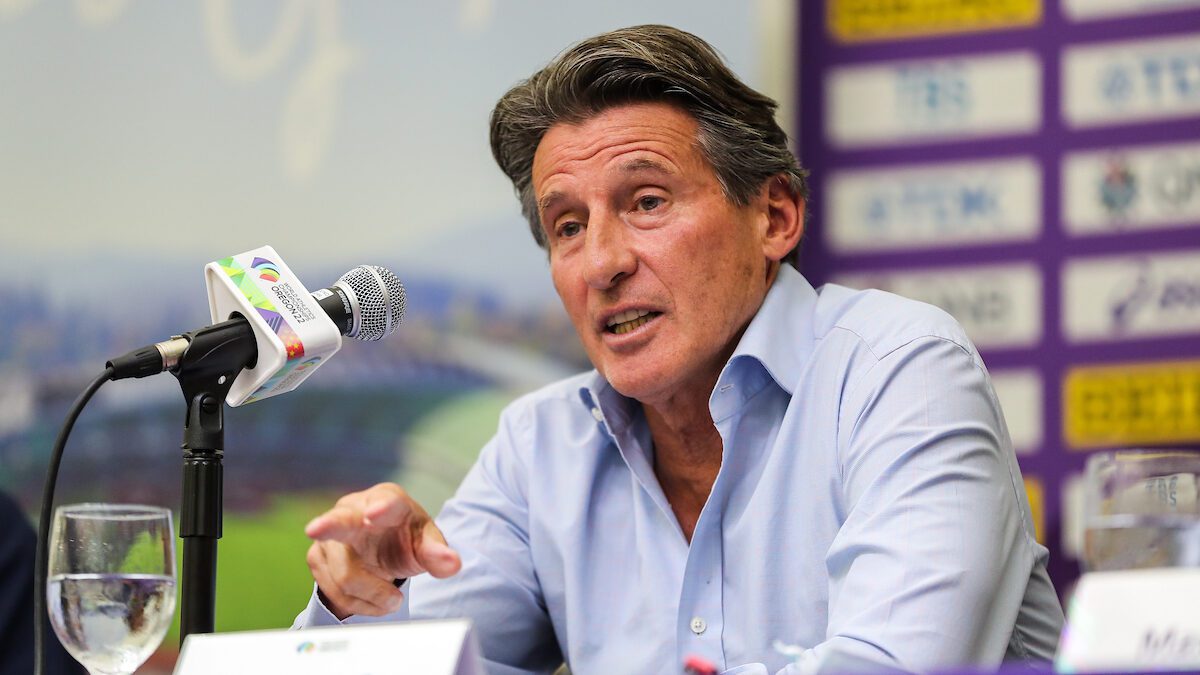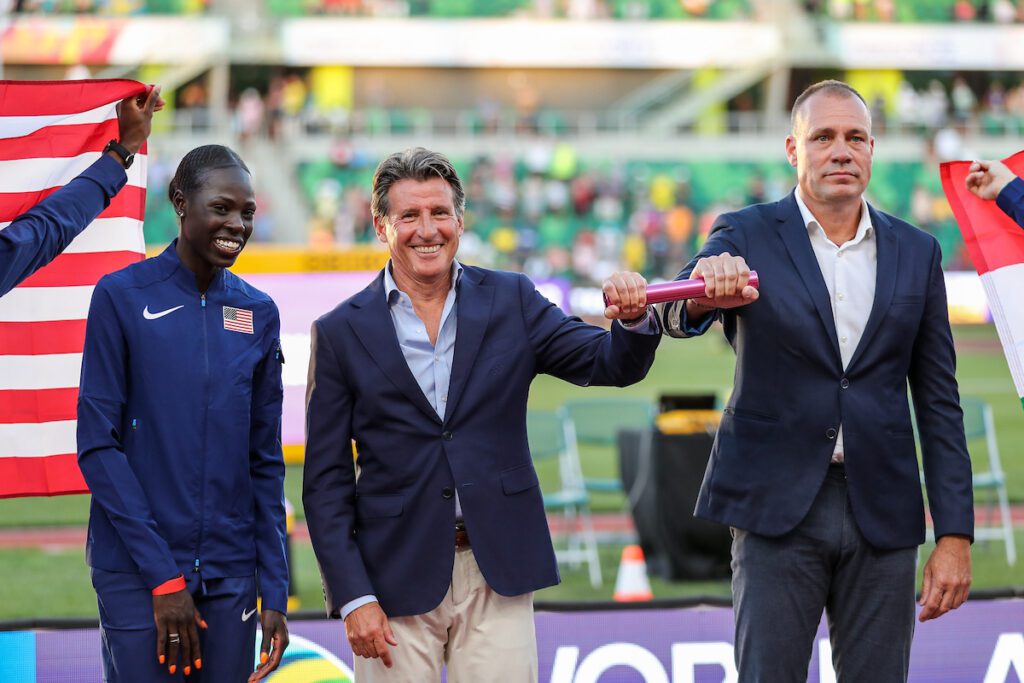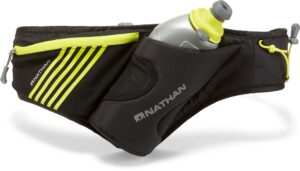World Athletics president says track and field will never be drug-free
In an interview with the Simon Jordan podcast, WA president Sebastian Coe pointed out the difficulties of eliminating doping from track and field
 Photo by:
Kevin Morris
Photo by:
Kevin Morris
Former Olympic champion and current World Athletics President, Sebastian Coe, recently addressed the persistent issue of doping in track and field during an interview on the Up Front with Simon Jordan podcast. Coe acknowledged that achieving a completely drug-free sport is unlikely due to the inherent risks and rewards associated with doping.
When asked about concerns regarding an uneven playing field and the prevalence of doping, Coe pointed out the increased controls compared to nine years ago, when he assumed the role of World Athletics president. Despite the progress made, he admitted that reaching a utopia of a drug-free sport is unrealistic.
Coe highlighted the risk-versus-reward dynamic, stating, “If you’re a street kid, in some countries the risk versus reward is huge, and if you get caught and are returned to the street, then that’s nothing ventured, nothing gained. So it is a challenge.” Coe said the athletes with nothing to lose and everything to gain will continue to take the risk that they might get caught.
Kenyan runner could face harsh penalty after winning race during doping suspension
In 2017, World Athletics appointed the Athletics Integrity Unit (AIU), an independent governance organization at the core of integrity reforms. The AIU, funded annually with millions of dollars from World Athletics, plays a crucial role in ensuring fair competition and protecting clean athletes.

Coe told Jordan that he only receives about six hours’ notice on the doping ban of an athlete before it is publicly announced by the AIU. Despite the challenges, he emphasized the importance of maintaining control over the sport. “If you’re not following the rules, you are gonna get caught,” he said.
The AIU’s Global List of Ineligible Persons currently has more than 700 athletes serving doping suspensions, with 21 per cent of the cases originating in Kenya and India. In response to the doping challenges in Kenya, the Kenyan government, AIU and World Athletics have initiated a $25 million five-year campaign to educate and test more athletes. The campaign aims to combat doping in athletics by addressing the root causes and implementing strict testing measures.


